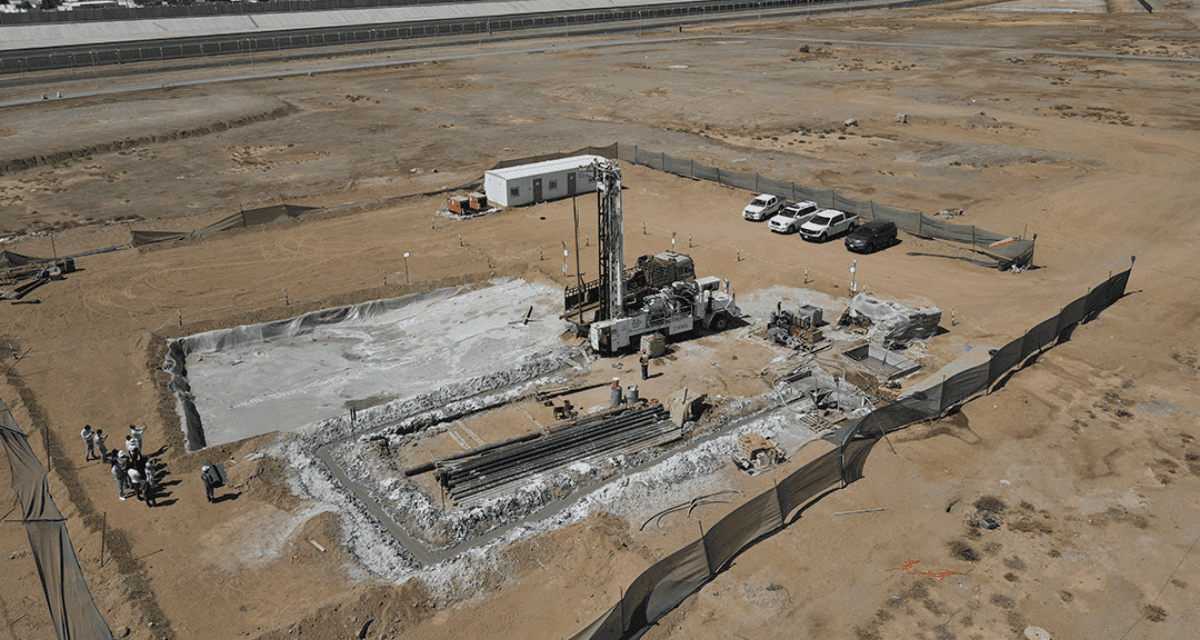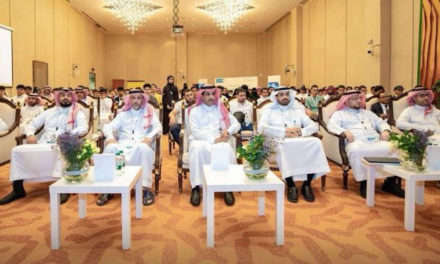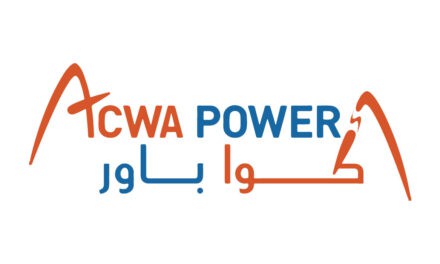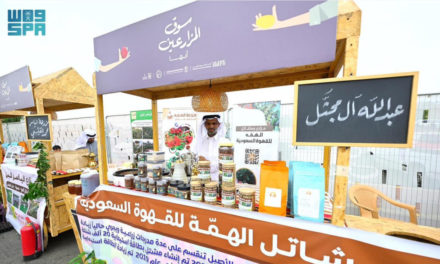Geothermal Energy in Saudi Arabia Gains Momentum at KAUST
Thuwal, Saudi Arabia — King Abdullah University of Science and Technology (KAUST) is taking the lead on geothermal energy in Saudi Arabia. It is advancing pilot projects, building partnerships, and advocating for national policies to harness underground heat as a clean, renewable energy source.
Professor Thomas Finkbeiner from the Energy Resources and Petroleum Engineering program said Saudi geothermal power offers steady baseload energy, unlike solar or wind. “Geothermal is a much-needed energy supply,” he noted. It could also replace hydrocarbons for desalination and district cooling.
Notably, this renewable source is not dependent on the sun or wind. With high energy demands for cooling and water treatment, geothermal projects in the Kingdom could reduce emissions and improve efficiency. However, more research and regulation are still needed to support this energy transition.
Currently, KAUST’s Geothermal Exploration Project (K-GEP) is a key example of geothermal development in Saudi Arabia. The initiative is led by Professors Finkbeiner, Martin Mai, and Volker Vahrenkamp. In 2024, KAUST and TAQA Geothermal drilled a 400-meter test well. It collects data on subsurface structure and temperature but is not yet producing energy.
“KAUST is the perfect place to test geothermal in the Kingdom,” Finkbeiner said. “We have the people and the tools. What’s missing is construction equipment and funding.”
Building a national push
During Earth Day, KAUST hosted a sustainability panel that brought together experts from Aramco, NEOM, Dalkia, and the Ministry of Energy. Together, they discussed the future of geothermal energy in Saudi Arabia as part of the country’s green transformation.
The panel emphasized the importance of reliable data and national mapping. KAUST’s test well could help reduce risk and attract investment in geothermal research Saudi Arabia. As a result, stakeholders agreed to keep moving the conversation forward.
A path from research to impact
KAUST aims to demonstrate that geothermal energy in Saudi Arabia can be harnessed at scale. According to Finkbeiner, direct-use applications — such as for cooling, desalination, and algae farming — may be more useful than electricity in the short term.
Moreover, he described a synergy between Saudi geothermal power and carbon capture. Supercritical CO₂ can transfer underground heat to the surface, where it powers systems before being reinjected into the ground. This dual-use approach boosts both energy supply and climate goals.
Ultimately, Finkbeiner believes KAUST can help scale geothermal development in Saudi Arabia. By building partnerships and sharing data, the university is working to shape policies and unlock the Kingdom’s renewable heat potential.






